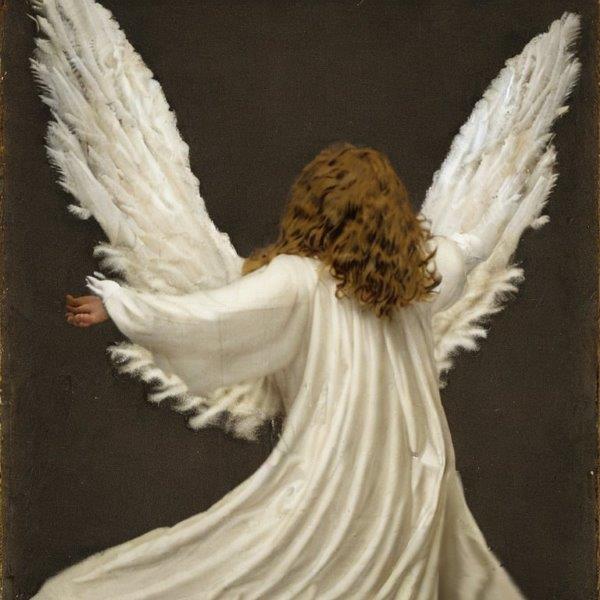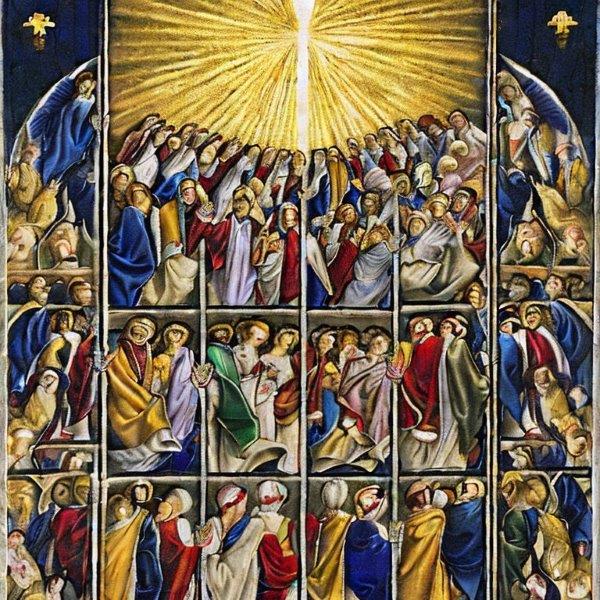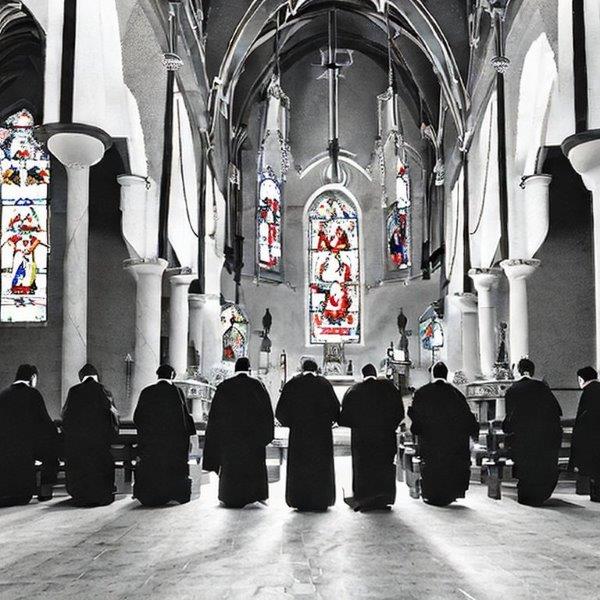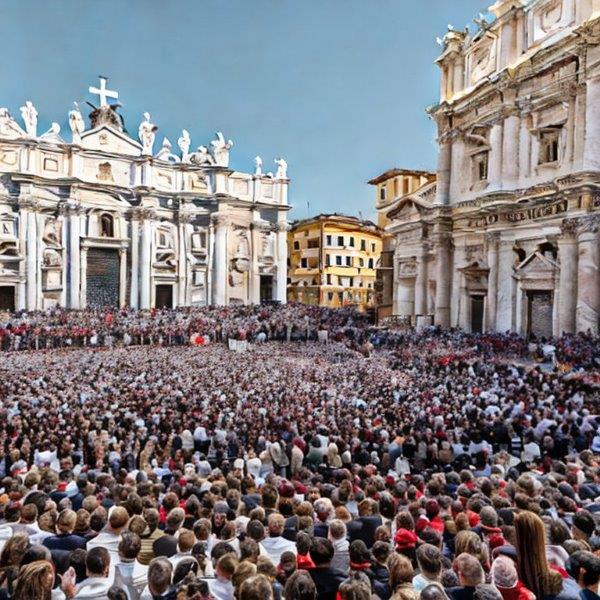Uncategorized
What is a Martyr?
What are Martyrs?
 A martyr is a person who suffers persecution and death for their faith, usually in the context of religion. In Christianity, martyrs are individuals who are willing to die rather than renounce their faith in Jesus Christ. The word “martyr” comes from the Greek word “martys,” which means “witness.”
A martyr is a person who suffers persecution and death for their faith, usually in the context of religion. In Christianity, martyrs are individuals who are willing to die rather than renounce their faith in Jesus Christ. The word “martyr” comes from the Greek word “martys,” which means “witness.”
Throughout the history of Christianity, there have been many examples of martyrs who have suffered and died for their faith. Some of the most well-known Christian martyrs include St. Stephen, St. Peter, St. Paul, and St. Lawrence.
The concept of martyrdom has played a significant role in the development of Christianity. Martyrs are often seen as heroes and role models for their unwavering faith and willingness to suffer and die for their beliefs. The stories of martyrs have often inspired and strengthened the faith of other believers, and have helped to spread the message of Christianity to new areas.
Martyrdom has also been a source of conflict and controversy within Christianity. Some believers have argued that it is not necessary or desirable to suffer and die for one’s faith, and that it is better to try to live out one’s faith in a more peaceful and nonviolent manner. Others have argued that martyrdom can be a powerful and necessary expression of faith, and that it is sometimes necessary to suffer and die in order to defend one’s beliefs and to stand up for what one believes is right.
In modern times, the concept of martyrdom has continued to be a controversial and debated topic within Christianity. Many believers today continue to face persecution and violence because of their faith, and there are ongoing debates about how best to respond to such challenges and how to support and defend the rights of persecuted believers.
What is the difference between saints and martyrs?
 In the Catholic Church, a saint is a person who is recognized as having lived a particularly holy and virtuous life, and who is believed to be in heaven with God. The process of becoming a saint in the Catholic Church is known as canonization, and it involves a thorough examination of the person’s life and writings, as well as the documentation of miracles that are believed to have occurred through the person’s intercession.
In the Catholic Church, a saint is a person who is recognized as having lived a particularly holy and virtuous life, and who is believed to be in heaven with God. The process of becoming a saint in the Catholic Church is known as canonization, and it involves a thorough examination of the person’s life and writings, as well as the documentation of miracles that are believed to have occurred through the person’s intercession.
A martyr, on the other hand, is a person who suffers persecution and death for their faith, usually in the context of religion. In Christianity, a martyr is typically someone who is willing to die rather than renounce their faith in Jesus Christ.
While all saints are not necessarily martyrs, many saints in the Catholic Church were also martyrs. For example, St. Stephen, St. Peter, St. Paul, and St. Lawrence are all considered saints in the Catholic Church, and they are also well-known Christian martyrs.
Are all martyrs saints?
Not all martyrs are automatically considered saints in the Catholic Church. The process of canonization is a formal process that requires a thorough examination of the person’s life and writings, as well as the documentation of miracles that are believed to have occurred through the person’s intercession. In other words, the fact that a person was a martyr does not automatically qualify them to be declared a saint.
How many martyrs are there?
It is difficult to determine how many martyrs there have been throughout the history of Christianity, as the concept of martyrdom has varied widely over time and across different cultures and contexts. Many Christian believers throughout history have faced persecution and even death because of their faith, and many of them have been considered martyrs by their fellow believers.
Who are the top 15 martyrs?
 There are many well-known Christian martyrs who are revered and remembered by believers around the world. Some of the most famous Christian martyrs include:
There are many well-known Christian martyrs who are revered and remembered by believers around the world. Some of the most famous Christian martyrs include:
- St. Stephen – the first Christian martyr, who was stoned to death for his faith
- St. Peter – one of the apostles of Jesus, who was crucified for his faith
- St. Paul – another apostle of Jesus, who was beheaded for his faith
- St. Lawrence – a deacon in the early Church, who was martyred by being roasted to death
- St. Perpetua – a young woman who was martyred for her faith in the early 3rd century
- St. Polycarp – a bishop in the early Church, who was martyred by being burned at the stake
- St. Sebastian – a Christian martyr who was shot with arrows for his faith
- St. Thomas More – a 16th-century English martyr who was beheaded for his refusal to acknowledge King Henry VIII as the head of the Church of England
- St. Joan of Arc – a 15th-century French martyr who was burned at the stake for her beliefs
- St. Maximilian Kolbe – a 20th-century Polish martyr who was killed in a Nazi concentration camp
- St. Oscar Romero – a 20th-century Salvadoran martyr who was assassinated for his activism on behalf of the poor
- St. Martin Luther King Jr. – a 20th-century American martyr who was assassinated for his civil rights activism
- St. Teresa of Calcutta – a 20th-century Indian martyr who was beatified for her work with the poor and sick
- St. Janani Luwum – a 20th-century Ugandan martyr who was killed for his opposition to the regime of Idi Amin
- St. Dietrich Bonhoeffer – a 20th-century German martyr who was executed for his resistance to the Nazi regime.
This is just a small sampling of the many Christian martyrs who have suffered and died for their faith throughout history. There have been countless other believers who have faced persecution and death because of their beliefs, and who are remembered and honored as martyrs by their fellow believers.
What are some of the most gruesome martyrs in Christianity?
It is important to note that the concept of martyrdom in Christianity does not glorify suffering or violence, but rather it celebrates the willingness of believers to stand firm in their faith and to be faithful to their beliefs even in the face of persecution and death.
With that said, there have been many examples throughout the history of Christianity of believers who have suffered and died in particularly gruesome and violent ways because of their faith. Some examples of these gruesome martyrdoms include:
- St. Stephen – the first Christian martyr, who was stoned to death
- St. Peter – one of the apostles of Jesus, who was crucified
- St. Paul – another apostle of Jesus, who was beheaded
- St. Lawrence – a deacon in the early Church, who was martyred by being roasted to death
- St. Perpetua – a young woman who was martyred by being thrown to wild animals
- St. Polycarp – a bishop in the early Church, who was martyred by being burned at the stake
- St. Sebastian – a Christian martyr who was shot with arrows
- St. Joan of Arc – a 15th-century French martyr who was burned at the stake
- St. Thomas More – a 16th-century English martyr who was beheaded
- St. Maximilian Kolbe – a 20th-century Polish martyr who was killed in a Nazi concentration camp
- St. Oscar Romero – a 20th-century Salvadoran martyr who was assassinated
- St. Janani Luwum – a 20th-century Ugandan martyr who was killed for his opposition to the regime of Idi Amin
- St. Dietrich Bonhoeffer – a 20th-century German martyr who was executed for his resistance to the Nazi regime.
This list is not exhaustive, and there have been many other Christian martyrs throughout history who have suffered and died in gruesome and violent ways because of their faith. It is important to remember that these martyrs are not celebrated because of the violence that was inflicted upon them, but rather because of their faithfulness to their beliefs and their willingness to stand up for what they believed was right, even in the face of persecution and death.
How are martyrs selected?
 The process of recognizing someone as a martyr within the Catholic Church is known as beatification, and it is a formal process that is governed by the Congregation for the Causes of Saints, which is a department of the Roman Curia that is responsible for overseeing the process of canonization (the formal process of declaring someone a saint).
The process of recognizing someone as a martyr within the Catholic Church is known as beatification, and it is a formal process that is governed by the Congregation for the Causes of Saints, which is a department of the Roman Curia that is responsible for overseeing the process of canonization (the formal process of declaring someone a saint).
The process of beatification involves a thorough examination of the person’s life and writings, as well as the documentation of miracles that are believed to have occurred through the person’s intercession. In order to be declared a martyr, the person must be shown to have suffered and died for their faith, and their death must be considered to be a direct result of their faith.
The process of beatification can be a lengthy one, and it typically involves several stages. The first step is the initiation of the cause, which involves the submission of a petition to the Congregation for the Causes of Saints requesting that the person be declared a martyr. If the petition is accepted, the person’s life and writings are thoroughly examined by theologians, historians, and other experts, and any relevant documents or evidence is gathered and analyzed.
If the person’s life and writings are found to be worthy of further consideration, the cause may move on to the next stage, which is known as the “inquiry.” This involves the collection of additional evidence and the gathering of testimony from people who knew the person or who have experienced miracles that are believed to be the result of the person’s intercession.
If the person’s cause is approved by the Congregation for the Causes of Saints, the person is declared a “Servant of God,” and their cause moves on to the next stage, which is known as the “trial.” This occurs after the person’s life and writings have been thoroughly examined and found to be worthy of further consideration. This involves the examination of the evidence and testimony that has been gathered, and a decision is made as to whether the person should be declared a martyr.
If the person is declared a martyr, their cause moves on to the final stage, which is the canonization. This involves the formal declaration by the Pope that the person is a saint, and the person is added to the list of saints in the Catholic Church.
What happens during a canonization?
The process of canonization, which is the formal process of declaring someone a saint in the Catholic Church, is a lengthy and complex process that is governed by the Congregation for the Causes of Saints, which is a department of the Roman Curia that is responsible for overseeing the process of canonization.
If the person’s cause is approved by the Congregation for the Causes of Saints, the person is declared a “Servant of God,” and their cause moves on to the next stage, which is known as the “trial.” This involves the examination of the evidence and testimony that has been gathered, and a decision is made as to whether the person should be declared a martyr (if the person suffered and died for their faith) or a “venerable” (if the person lived a particularly holy and virtuous life).

If the person is declared a martyr or a “venerable,” their cause moves on to the next stage, which is known as the “inquiry.” This involves the collection of additional evidence and the gathering of testimony from people who knew the person or who have experienced miracles that are believed to be the result of the person’s intercession.
If the person’s cause is approved by the Congregation for the Causes of Saints, the person is declared “blessed,” and their cause moves on to the final stage, which is the canonization. This involves the formal declaration by the Pope that the person is a saint, and the person is added to the list of saints in the Catholic Church.
The canonization ceremony is a formal event that is typically held in Rome, and it is presided over by the Pope. The ceremony usually includes the reading of the person’s life and writings, as well as the formal declaration of the person as a saint. The ceremony may also include the recitation of prayers and the singing of hymns, as well as the distribution of relics of the saint to the attendees.
Quotes About Martyrs:
-
“The blood of the martyrs is the seed of the Church.” – Tertullian
-
“The Church is built upon the blood of the martyrs, and from that blood new life continually arises.” – Pope Paul VI
-
“The martyrs are the Church’s greatest treasure, for they have given up their lives in order to witness to the truth of the Gospel.” – Pope John Paul II
-
“The martyrs are the living flames of the love of God, and they are a light to the world.” – St. Augustine
-
“The martyrs are the foundation of the Church, and their blood is the seed of new believers.” – St. Ignatius of Antioch
-
“The martyrs are the light of the Church, and their witness shines forth as a beacon of hope in the midst of darkness.” – St. Polycarp
-
“The martyrs are the champions of the faith, and their sacrifice inspires us to be more devoted followers of Jesus Christ.” – St. Justin Martyr
